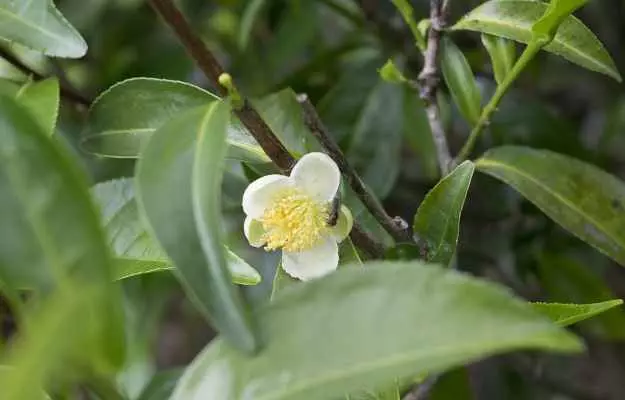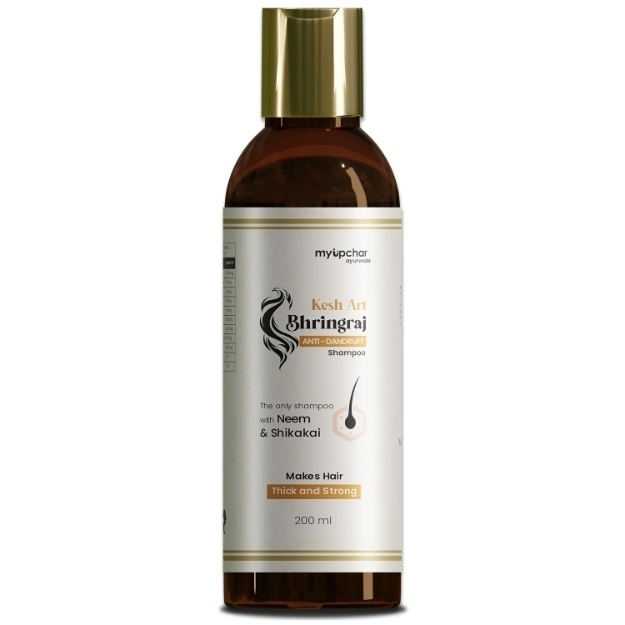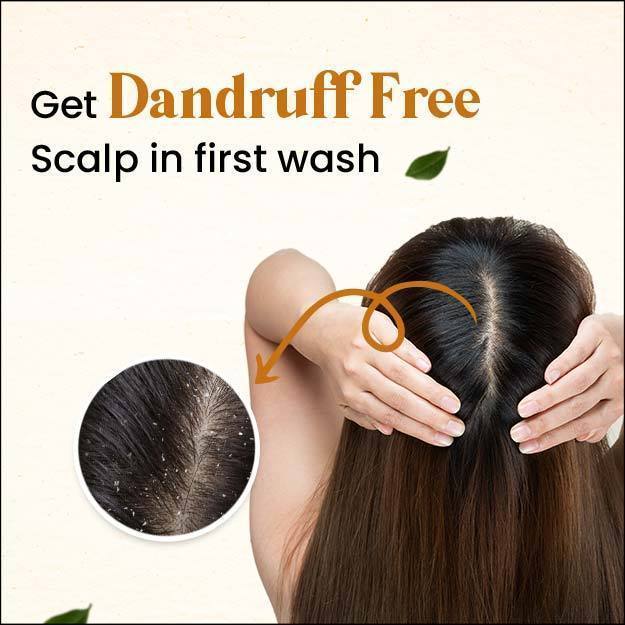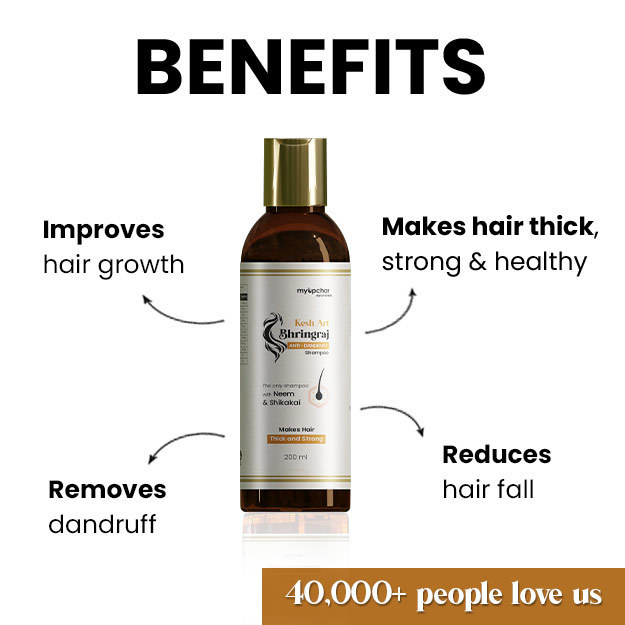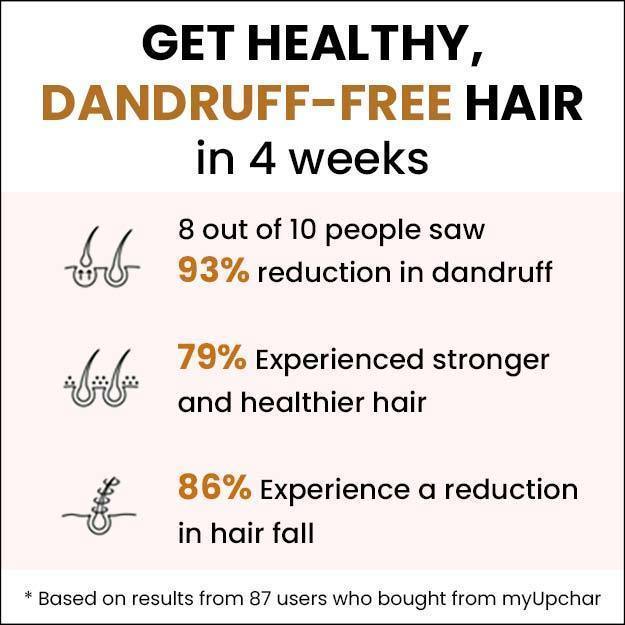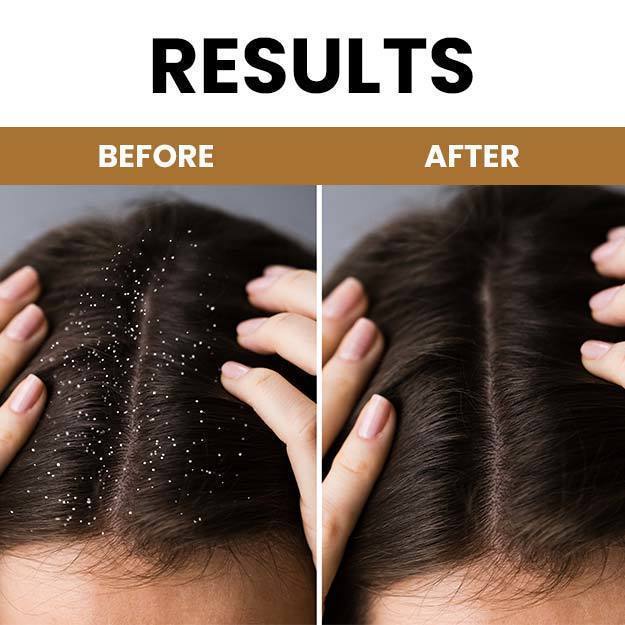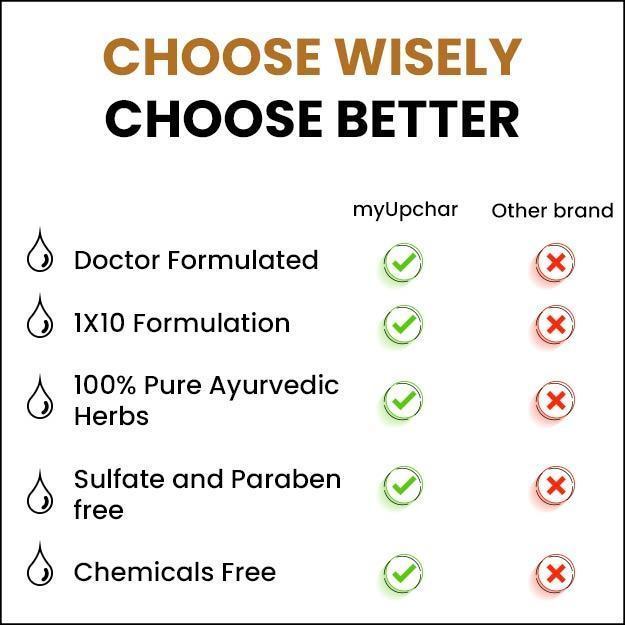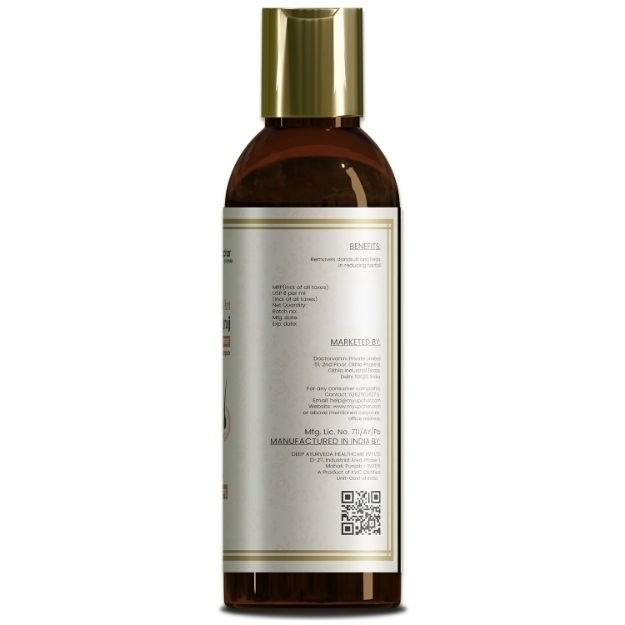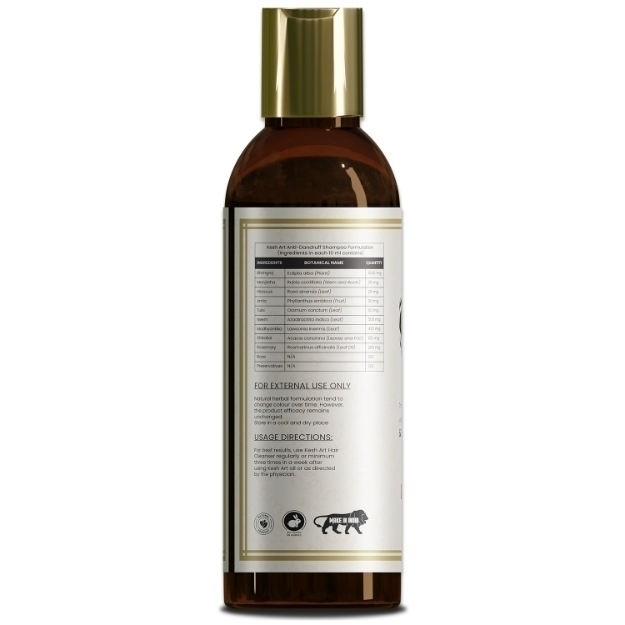Plant-sourced oils are nowadays an integral part of most cosmetic shelves. Available in various forms, they not only add therapeutic properties to beauty products but also provide immense health benefits in various disease conditions. One such oil that has become quite popular for its myriad benefits is tea tree oil.
Tea tree oil comes from the leaves of tea tree called Melaleuca alternifolia, which is a native of Australian regions of Queensland, North Coast and New South Wales.
It is an essential oil with an extraordinary potential to treat skin problems. You may be wondering, what an essential oil exactly is? Well, essential oils are basically the essence of its plant source. It is a natural oil that is obtained from the steam distillation process and carries a characteristic odour or smell of the source from where it is obtained. Though not necessarily ingested, these oils are used for dermatologic purposes and aromatherapy. They have a strong calming and soothing effect on the skin and can help you relax, mentally and psychologically.
To extract all the goodness of this camphoraceous scented oil, read the full article.

